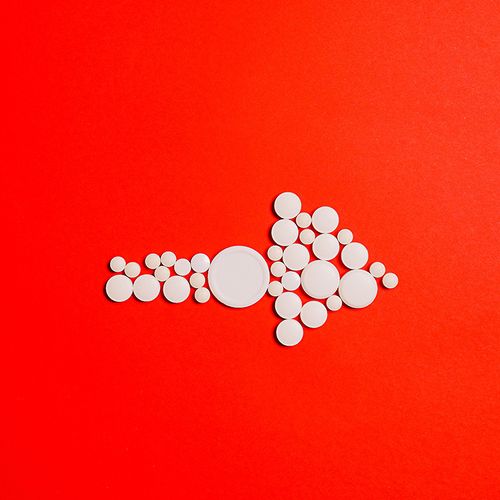Preliminary research suggests that a drug typically used to kickstart the immune system may help cancer patients who receive stem cell transplants and then develop a potentially deadly side effect.
Researchers found that daily low-dose injections of interleukin-2 appeared to help some patients by treating the side effect, known as graft-versus-host disease GVHD). The drug appears to work by preventing the donor's immune system cells from overreacting to their new home and causing systemic inflammation.
Background
Stem cell transplants can treat blood cancers such as leukemia. "More than half of patients who successfully undergo hematopoietic stem cell transplants [in which the blood-making tissue in the bone marrow is wiped out with chemotherapy and replaced with blood-forming stem cells from a donor develop chronic GVHD," study author John Koreth, MD, PhD, of Dana-Farber Cancer Institute in Boston, said in an institute news release. "The conventional treatment, glucocorticoids, are limited in their effectiveness and can produce significant side effects."
GVHD is a big problem," said Gary Schiller, MD, director of the Hematological Malignancies/Stem Cell Transplantation Unit at the Jonsson Comprehensive Cancer Center at the University of California, Los Angeles. Dr. Schiller was not involved with the study.
Study Details
In the study, 12 of 23 patients who took the drug for eight weeks showed improvement in symptoms related to GVHD, including skin rash and other skin problems, hepatitis and inflamed lungs. The condition didn't worsen while the patients took the drug.
The study is the first phase of three stages of research that drug treatments must undergo before the federal government approves them to treat specific conditions. That means the findings are preliminary and may not be replicated in future research.
Treats The Complications, But Not The Cancer
Dr. Schiller said the findings make sense. However, the treatment has no impact, to my knowledge, on curing cancer. It only has an impact on decreasing the complications of the cancer cure."
The study, published in The New England Journal of Medicine, was funded by several research grants and awards.
Cancer Drug Shows Promise for Alzheimer's
The skin cancer drug bexarotene (Targretin) was shown in animal studies to promptly stimulate the removal of amyloid plaques that can lead to the cognitive and memory deficits of Alzheimer's disease. Research to confirm these findings in humans is under way.
Sleeping Pills Increase Cancer Risk Up to 35%
In a recent study, researchers compared health outcomes of 10,529 people who had been prescribed sleeping pills, such as zolpidem (Ambien) and temazepam (Restoril), with those of 23,676 people not taking the pills.
Results: After 25 years, study participants prescribed 18 or more doses per year were more than 3.5 times more likely to die than those taking none and had a 20% increased risk for cancer. Study participants taking 132 or more annual doses had a fivefold risk for death and were 35% more likely to be diagnosed with cancer than people taking none.
